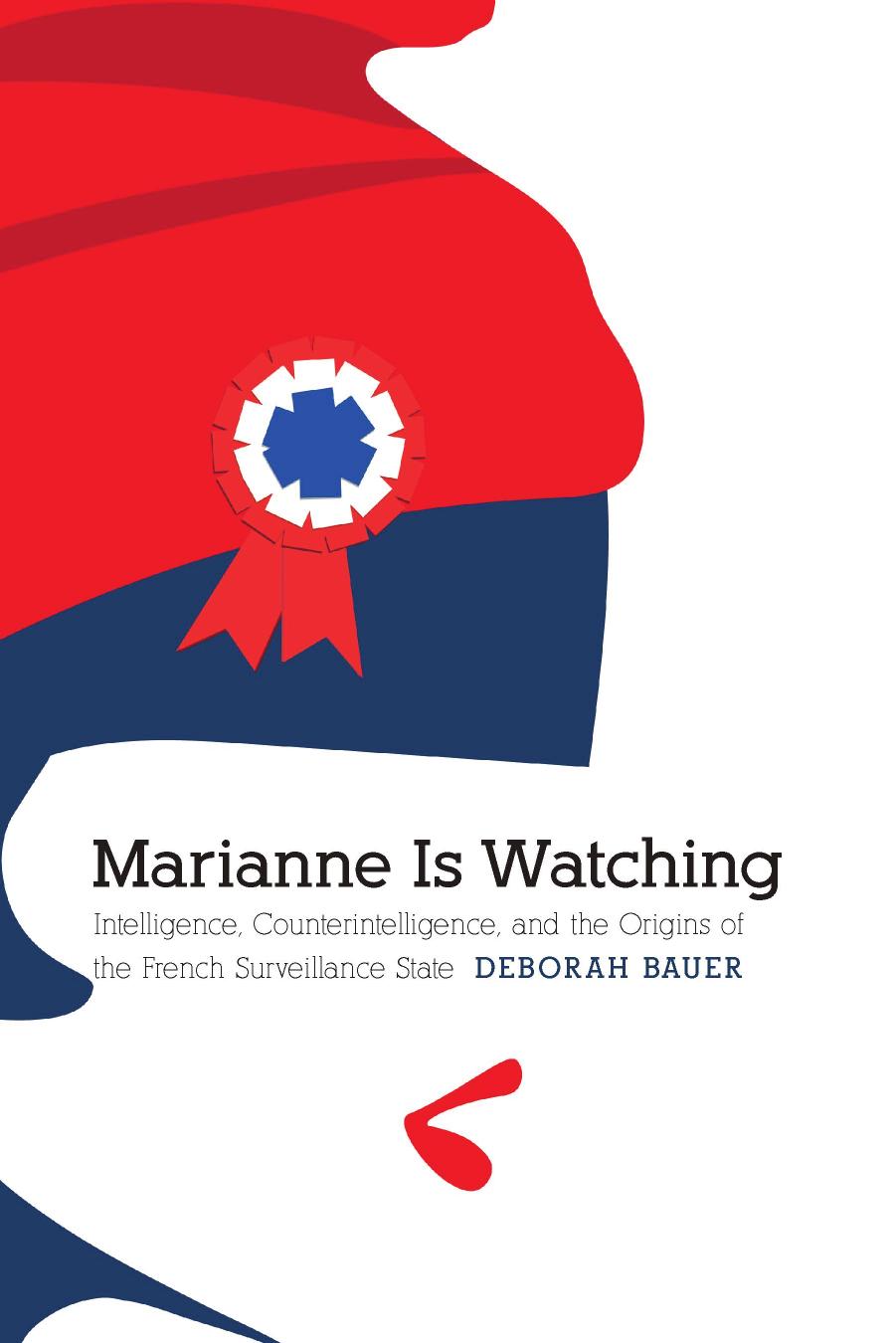Marianne Is Watching: Intelligence, Counterintelligence, and the Origins of the French Surveillance State by Deborah Bauer

Author:Deborah Bauer [Bauer, Deborah]
Language: eng
Format: epub, pdf
Tags: Political Science, Europe, Intelligence & Espionage, HIS013000 History / Europe / France, HIS027000 History / Military / General, General, History, France, Military, POL036000 Political Science / Intelligence & Espionage
ISBN: 9781496223722
Google: E6BEEAAAQBAJ
Publisher: U of Nebraska Press
Published: 2021-12-15T20:39:52+00:00
The Pursuit of Spies
The creation of counterespionage bodies and designation of lists was one half of the stateâs project of defending the nation from foreign agents. The second half was the actual implementation of these various aims, and in this task representatives of the state across France diligently went about the quest for spies. The hunt for operatives grew to elevated proportions during the last few decades before World War I, fully contributing to the atmosphere of spy mania. While some of these pursuits did turn up legitimate threats to French national security, at other times authorities employed surveillance and arrests frivolously. Cases demonstrating what contemporaries describe as an âexcess of zealâ by police and military agents in pursuing individuals illustrate how everyday agents understood the aims and spirit of the 1886 law in interpreting a new definition of national security and finding recently identified enemies of the state.60
One indication of the vigor with which agents increasingly pursued espionage following the lawâs passage is the quantity of notes found in various archives documenting suspicious foreigners within France. For example, the Statistical Section from 1886 to 1900 gathered amounts of information on activities across France that nearly equaled that gathered on Germany and on Alsace-Lorraine.61 Similarly, the folder containing police pursuits for espionage by the Paris Prefecture of Police in 1887 is bigger than several of the folders for years preceding it combined.62 The notes contained therein document observations of Germans at train stations, movements of officers dressed in plain clothes, and suspicious individuals living, working, or traveling in France. The police described indications that someone could be a spy: displaying antisocial tendencies, sending letters abroad, reading letters or newspapers in German, speaking German, and not making enough of an effort to learn French.63 Police counterespionage activity involved uncovering the various disguises and alternate plans that German spies would employ to gather information, such as entering France on foreign passports, or taking on a different nationality. For example, police remarked on the number of Italians living or working in France and suggested that Germany was directing this immigration, seeking to replace its spies with Italians.64
One notes a similar increase in policing activity from the archives of the Department of Alpes-Maritimes, where police watched the movement of people along the border between France and Italy and also seemed attuned to the possibility of agents in disguise. A note from a representative of the minister of the interior to the prefect of the Alpes-Maritimes in 1872 warned the police in the south of the fear that Germans on secret missions in France were stealthily entering the country using fake Russian passports, and requested daily reports to be sent from Nice to Paris about any individual coming in with such identification.65 In another report border agents demonstrated suspicion of a local Italian priest traveling daily between Nice and Ventimillia.66 An Italian-language newspaper in Nice observed in the summer of 1886 that the French gendarmes had become much more severe toward foreigners in the region.67
Police officers feared that foreign spies sought to disrupt civil life in France.
Download
Marianne Is Watching: Intelligence, Counterintelligence, and the Origins of the French Surveillance State by Deborah Bauer.pdf
This site does not store any files on its server. We only index and link to content provided by other sites. Please contact the content providers to delete copyright contents if any and email us, we'll remove relevant links or contents immediately.
| Espionage | Hoaxes & Deceptions |
| Murder & Mayhem | Organized Crime |
| Serial Killers | White Collar Crime |
Mindhunter: Inside the FBI's Elite Serial Crime Unit by John E. Douglas & Mark Olshaker(9324)
Wiseguy by Nicholas Pileggi(5770)
Room 212 by Kate Stewart(5105)
Hitman by Howie Carr(5089)
Secrecy World by Jake Bernstein(4741)
Killers of the Flower Moon: The Osage Murders and the Birth of the FBI by David Grann(4435)
Papillon (English) by Henri Charrière(4262)
Breaking Free by Rachel Jeffs(4216)
Killers of the Flower Moon by David Grann(4039)
Say Nothing by Patrick Radden Keefe(3975)
American Kingpin by Nick Bilton(3875)
The Secret Barrister by The Secret Barrister(3696)
Molly's Game: From Hollywood's Elite to Wall Street's Billionaire Boys Club, My High-Stakes Adventure in the World of Underground Poker by Molly Bloom(3529)
Mysteries by Colin Wilson(3447)
In Cold Blood by Truman Capote(3375)
Signature in the Cell: DNA and the Evidence for Intelligent Design by Stephen C. Meyer(3130)
I'll Be Gone in the Dark by Michelle McNamara(3082)
Rogue Trader by Leeson Nick(3039)
Bunk by Kevin Young(2993)
